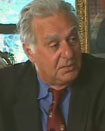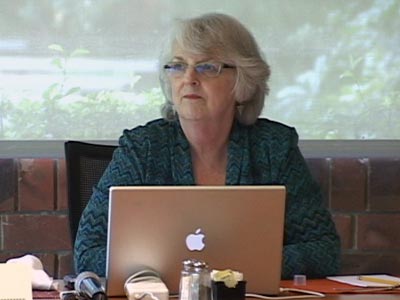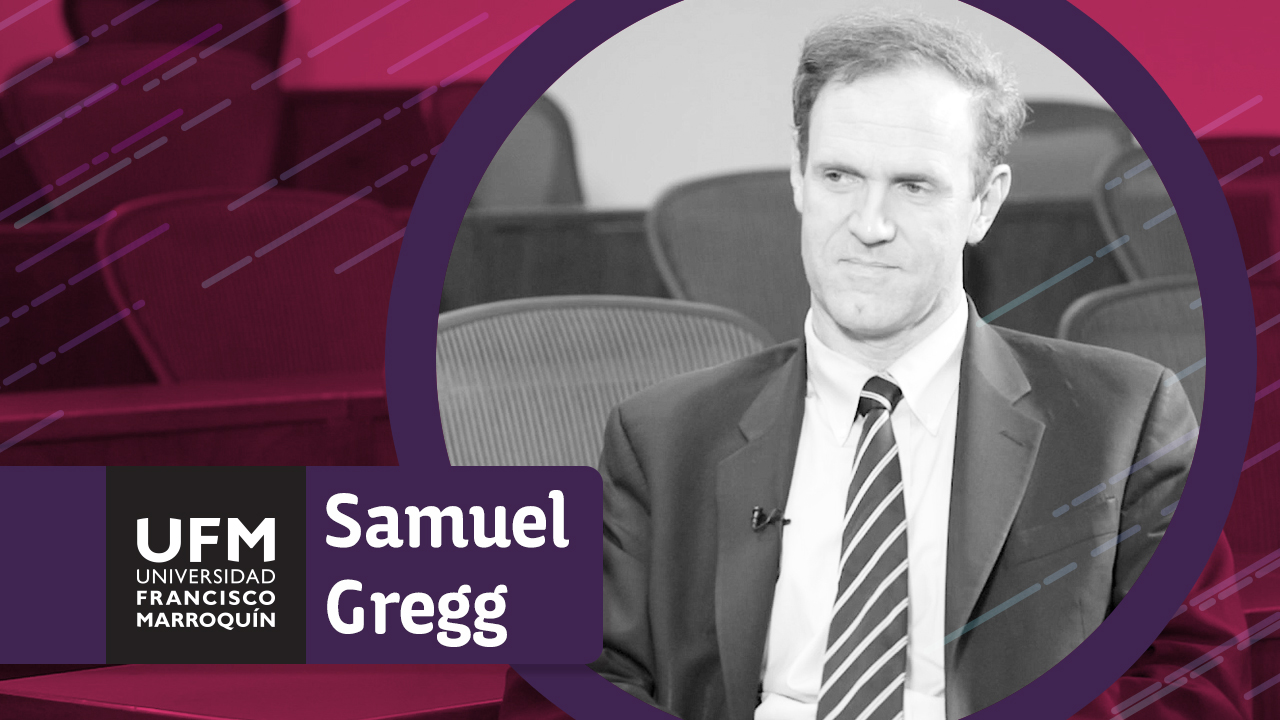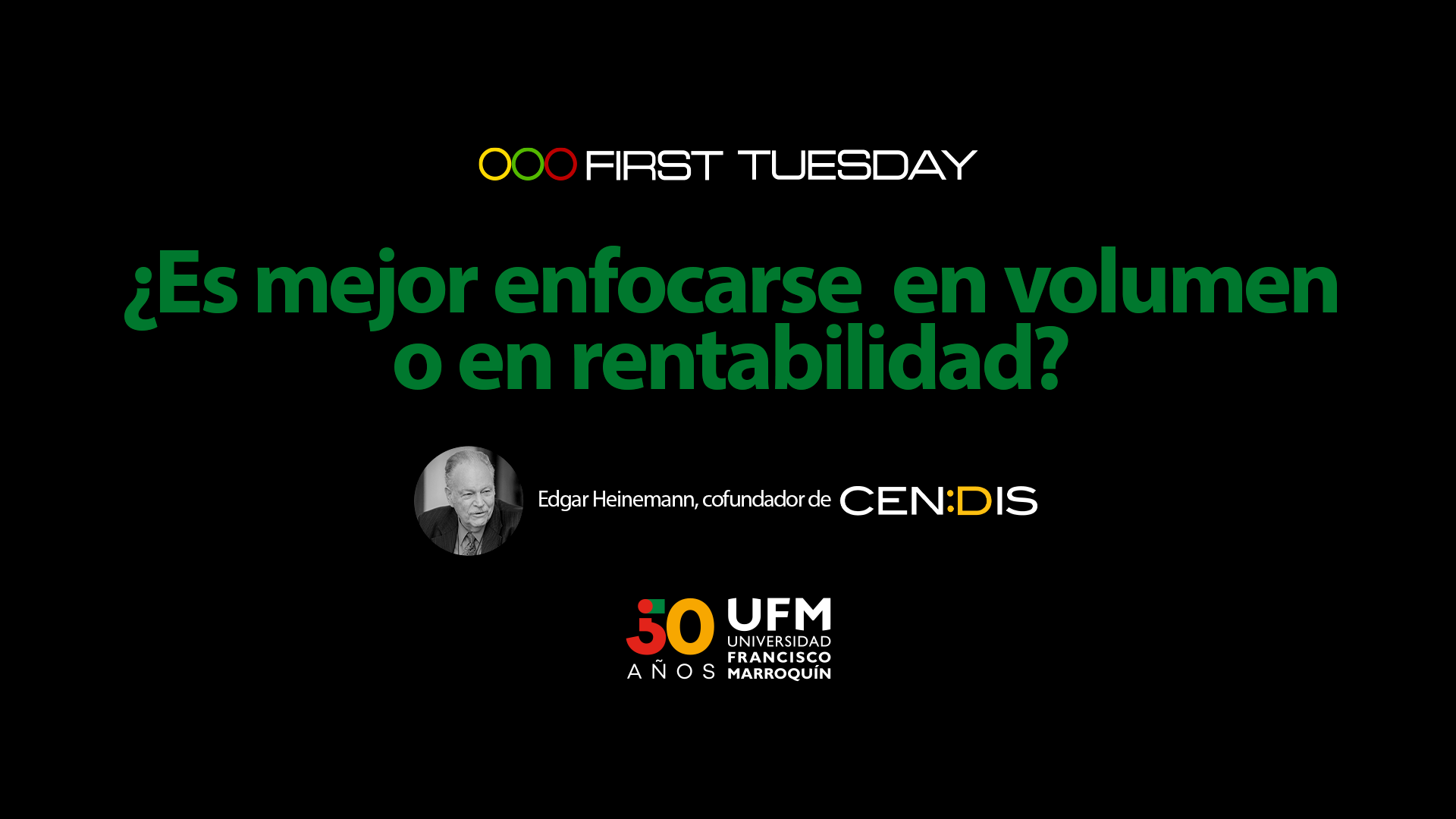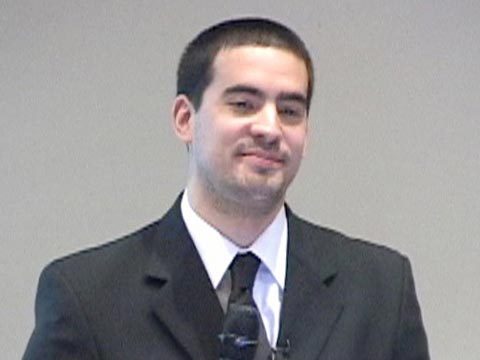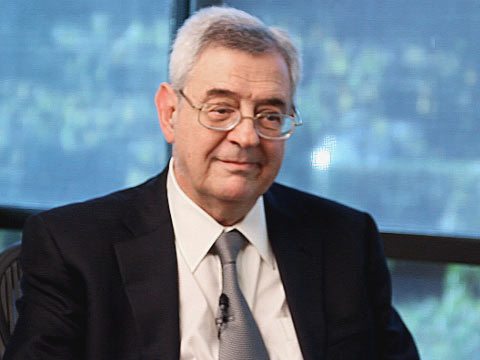About this videoDick Armey served at the United States Congress for eighteen years and in 1994 he was elected the House Majority Leader. This election made the Republican Party to take control of the House for the first time in forty years and various legislative items that were previously rejected by the Democrats were proposed once again. In this interview, hosted by Carlisle Johnson, Armey illustrates the political context of his election. He explains how the Central American Free Trade Agreement (CAFTA) represented the common ground between Republicans and Democrats; he also comments on the problem of sugar, which is one of the main issues in CAFTA and how it affects Guatemala, as it is the fifth largest sugar exporter in the world. Armey analyzes the lack of appreciation and respect between Latin America and United States and briefly comments on the Brasero Program as he regrets that the formula of fulfilling promises that he once handled has not been repeated. Finally, he evaluates the Social Security problem and talks about what he has done since he left the House.
|
|
CreditsInterview with Dick Armey by Carlisle Johnson
| |





